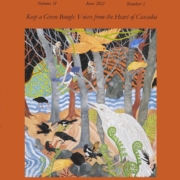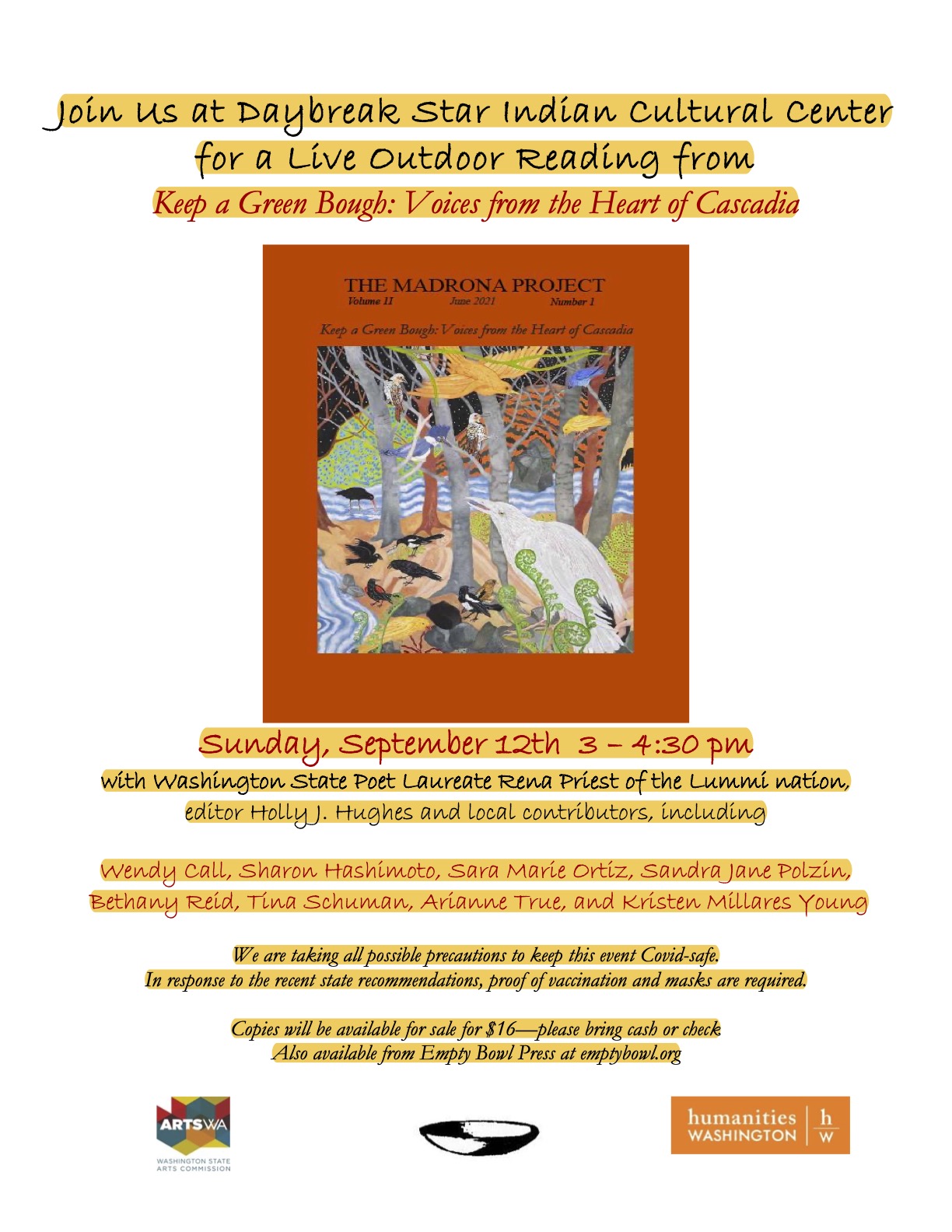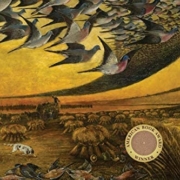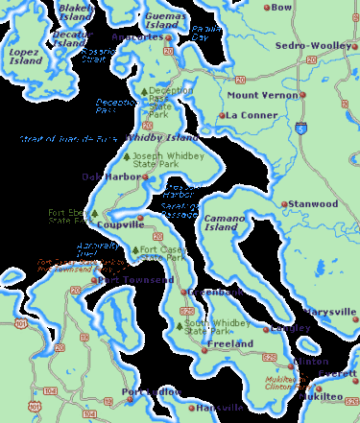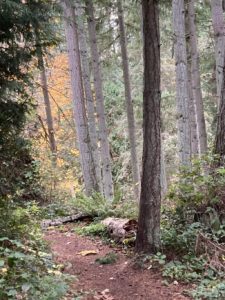Posts
The Madrona Project, v. II / no. 1
/2 Comments/in Healing, Reading /by Bethany“Keep a green bough in your heart, the singing bird will come” is a Chinese proverb that serves as epigraph to this new collection from Empty Bowl Press, selected and edited by Holly J. Hughes. In a time of drastic examples of climate change, in the face of predictions of “pornographic” damage to come (Mark Lynas, Six Degrees: Our Future on a Hotter Planet), it gives me heart.
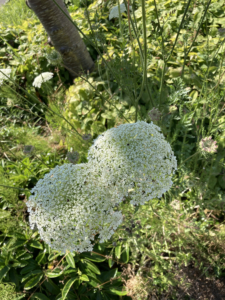 The collection features artwork from Jocelyn Curry, Susan Leopold Freeman, Anita Leigh Holliday, Sandra Jane Polzin and others, and poems and prose by a wealth of northwest writers including Judith Roche (1941-2019), and our new Washington State poet laureate Rena Priest. Woven throughout one sees the panicky facts of destruction: “A raft of debris as large as Africa” (Kathleen Flenniken, “Horse Latitudes”); “smoke / hangs like a veil, a scarf we can’t breathe through” (Sharon Hashimoto, “Back Fires: September 2020”). It’s time, these poems and prose pieces exhort us again and again: “We’ve stayed calm for too long,” and “It’s time to move quickly” (Iris Graville, “Not Just a Drill”; “Truth time” (Risa Denenberg, “Posthuman”).
The collection features artwork from Jocelyn Curry, Susan Leopold Freeman, Anita Leigh Holliday, Sandra Jane Polzin and others, and poems and prose by a wealth of northwest writers including Judith Roche (1941-2019), and our new Washington State poet laureate Rena Priest. Woven throughout one sees the panicky facts of destruction: “A raft of debris as large as Africa” (Kathleen Flenniken, “Horse Latitudes”); “smoke / hangs like a veil, a scarf we can’t breathe through” (Sharon Hashimoto, “Back Fires: September 2020”). It’s time, these poems and prose pieces exhort us again and again: “We’ve stayed calm for too long,” and “It’s time to move quickly” (Iris Graville, “Not Just a Drill”; “Truth time” (Risa Denenberg, “Posthuman”).
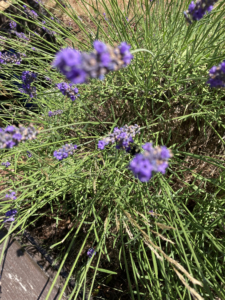 And all that’s so worth saving calls to us from every page: “Surrounded by birdsong in many languages / walled in by forty-, fifty-, sixty-foot cedar, fir, hemlock / maples leafed out, honeysuckle beginning” (Ronda Piszk Broatch, “Apologizing for Paradise”); native blackberries “carry the taste of my childhood forest on a summer day” (Irene Keliher); “we pick up and play and write and sing and dance so that the Honduran emerald hummingbird the leatherback sea turtle the mountain gorilla the tiger salamander…” (Penina Taesali, “The Word of the Day”).
And all that’s so worth saving calls to us from every page: “Surrounded by birdsong in many languages / walled in by forty-, fifty-, sixty-foot cedar, fir, hemlock / maples leafed out, honeysuckle beginning” (Ronda Piszk Broatch, “Apologizing for Paradise”); native blackberries “carry the taste of my childhood forest on a summer day” (Irene Keliher); “we pick up and play and write and sing and dance so that the Honduran emerald hummingbird the leatherback sea turtle the mountain gorilla the tiger salamander…” (Penina Taesali, “The Word of the Day”).
“Perhaps every poem I write is the same poem; a poem to you, child of the next world, I hope you have some hope,: Sarah Marie Ortiz calls out to the future in “River.” In her introduction Hughes says much the same:
“I hope our songs will spark your imagination, rekindle, and breathe life into these embers of hope. Together, may we envision a future that hears and honors all our voices.”
Holly Hughes: PASSINGS
/2 Comments/in Poetry, Reading /by BethanyIt’s Earth Day, and this morning I spent my early hours rereading Passings, 15 poems about extinct birds—a 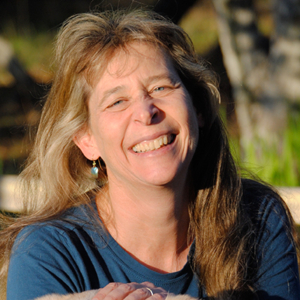 luminous, heartbreaking, award-winning collection of poems from Holly J. Hughes.
luminous, heartbreaking, award-winning collection of poems from Holly J. Hughes.
Passings was first published in 2016 by Expedition Press as a limited-edition letterpress chapbook. It garnered national attention in 2017 when it received an American Book Award from The Before Columbus Foundation. As Holly says in her acknowledgments, “fitting that a small letterpress, itself an endangered art form, would be honored.” More than fitting, richly deserved.
It is our great good fortune that in 2019 Passings was reprinted by Jill McCabe Johnson’s Wandering Aengus Press. Although the gratitudes are slightly expanded, it is essentially the same and available from the press, or your independent bookstore.
When I contacted Holly, she wrote back with these words—and it’s impossible for me to excerpt or condense them. Consider this essay, and the poem following, her Earth Day gift to all of us.
Listening Hard for All the Voices: Writing Passings
Sometimes we don’t have a choice. Each time I tell this story I remember that moment coming down the stairs of my cabin and seeing the Audubon painting of the passenger pigeon I’d just hung on the wall. The dusky-blue plumage and russet breast glow eerily in a stray shaft of morning sun, and the pair of birds caught by Audubon seem alive, inviting me to enter their intimate moment together. I’m not sure how long I stood there watching; at some point I heard a voice say: Write about us. You know. What happened. Yes, I did know, but I wasn’t sure I could. It was painful to contemplate writing about the slaughter of those vast flocks of passenger pigeons that filled the skies like a great storm back in the early 1900s. But the chance glimpse of their ghost spirits that morning felt like an invitation I couldn’t refuse.
That was the first poem in Passings.
Now they need company, I thought, and of course, there is no shortage of species of birds that have gone extinct, the list a heart-wrenching litany. As I researched each bird, I dug down through the sobering, overwhelming statistics for firsthand accounts, for stories that would bring each bird to life on the page, details that would allow us to see each departed bird in all its fleeting, fragile, idiosyncratic beauty.
I’m not sure when I knew I had a collection, but at some point, the project took on a life of its own. As the poems stacked up, the stories of how each species met its end began to repeat, became depressingly familiar: slaughter for feathers, for meat, for sport, for revenge; habitat loss, rats plundering nests. The list went on and on. I had written close to thirty poems when I realized I would choose only fifteen to include, no more, for that might be all we could bear. That decision allowed me to finish the collection. That and a book called Swift as a Shadow: Extinct & Endangered Birds, by photographer Rosamond Purcell, whose haunting portraits of extinct birds reminded me not to turn away.
This morning, as I write this, I’ve just returned from my morning walk listening to the shrieks of an osprey and eagle as they circle high above my cabin. While I watch, the eagle dive-bombs the osprey, who deftly somersaults, then regains balance, her wings flashing light as they catch the morning sun, this moment held briefly aloft. Eventually, the osprey returns to her nest in a tall snag down the street where I hope a young one waits. I’m not sure this is connected, but I think it has to do with being willing to listen hard for all the voices, past and present, and to make space for the silenced voices, too. If not the poets and artists, who will do this?
“Passenger Pigeon” is the first poem in Passings, and you can follow this link to listen to a choral presentation of it, performed by The Crossing Choir.
PASSENGER PIGEON
Echtopistes migratorius
— from the painting by James J. Audubon, 1824. On Sept. 1, 1914,
Martha, the last passenger pigeon died in the Cincinnati Zoo.See how she bends to him, her beak held within his
while she waits for his food to rise up to her hunger.He rests on the arcing branch, his neck a perfect answer to hers,
wings held aloft and slightly splayed while long tail feathers streamaway, Prussian blue going to dusk, breast russet, branch below
studded with viridian lichen to match his coat, colors chosenby Audubon as he painted them in courtship in situ.
See how her colors foreshadow the fall—dun, mustard, black—how her tail balances his wings painted in parallel planes,
how the drooping oak leaf holds them in place, stasisin which they are aware of no one but each other.
Audubon captured them in gouache, graphite, and pastels,not knowing they would soon be gone; in his time
they were more numerous than all other species combined.They say the pigeons flew over the banks of the Ohio River
for three days in succession, sounding like a hard gale at sea.Years later, guns splattered shot into skies stormy with pigeons.
Thousands plummeted, filling railroad cars bound for fine restaurants.Now, of those hundreds of millions that once darkened
the skies, we are left with Martha, who never lived in the wild,stuffed in the Smithsonian, Prussian blue feathers stiff,
glass eyes staring, waiting, still, for her mate.—Holly Hughes
“Carolina Parakeet” also has a choral piece and this great painting by Audubon (see below). As a final note, let me add this direction, from the notes: “What You Can Do to Help Protect Birds,” climate.audubon.org.
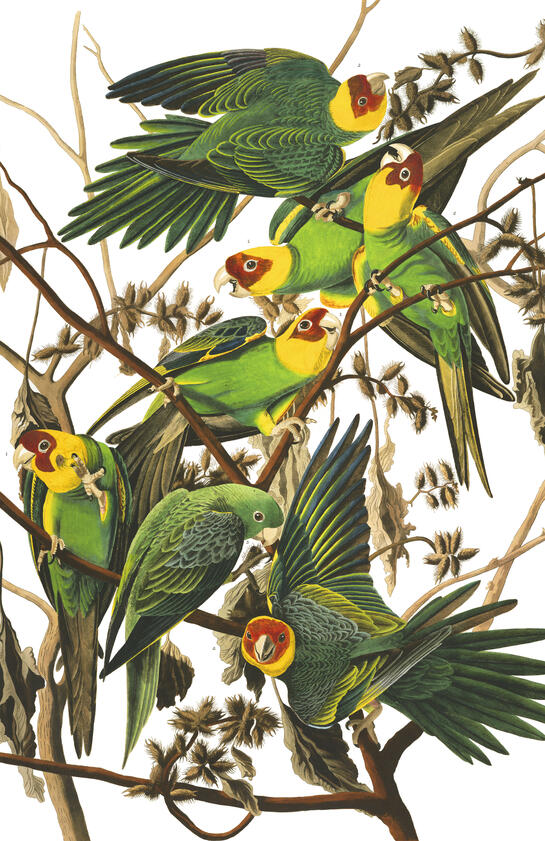
Could we hear some poetry now, please?
/0 Comments/in Healing, Poetry, Quotes /by BethanyNo matter how steep the climb, I’m so grateful today to be on this path with you. May the next four years, indeed, be “a time to heal.”
Meanwhile, there’s always poetry.
Joanna Klink has become a big favorite of mine, ever since reading an epigraph from her work in Holly Hughes’s Hold Fast. This poem is from Klink’s book, Excerpts from a Secret Prophecy.
The photograph is mine, from yesterday’s walk on Big Gulch Trail, Mukilteo, something else that lifts my heart.
Processional
If there is a world, let me be in it.
Let fires arise and pass. The sky fill with evening air
then sink across the woodlots and porches,
the streams thinning to creeks.
In winter there will be creatures half-locked in ice,
storms blown through iron grates, a drug of whitest ardor.
Let the old hopes be made new.
Let stacks of clouds blacken if they have to
but never let the people in this town go hungry.
Never let them fear cold. If there is a world,
let it not be temporary, like these vague stars.
Let us die when we must. And spinelessness
not overtake us, and privation,
let rain bead across tangled lavender plants.
If there is a world where we feel very little,
let it not be our world. Let worth be worth
and energy action–let blood fly up to the surface skin.
If you are fierce, if you are cynical, halfhearted, pained–
I would sit with you awhile, or walk next to you,
and when we take leave of each other after so many years,
the oaks will toss their branches in wheels of wind
above us–as if it had mattered, all of it,
every second. If there is a world.

